On the occasion of the 2025 Armed Forces’ Remembrance Day, 76-year-old retired Colonel Nasiru Salami made a poignant appearance on Channels Television’s “The Morning Brief” to shed light on the dire situation faced by many Nigerian Army retirees. Salami, who served during the Biafran War, highlighted the unfulfilled promises regarding pensions and post-retirement benefits, including the much-discussed “war bonus.”
Salami, who retired in December 1983, expressed his frustration over the lack of financial support. “We are asking for war bonus, those of us who fought the war… they promised us heaven and earth that they would give us our war bonus but up till now, we have not seen it,” he lamented, underscoring a systemic neglect that has persisted for over five decades. As the Secretary of the Nigerian Legion, Lagos Chapter, he represents a significant number, stating that the organization has over 24,000 members, all of whom are caught in similar predicaments.
The veteran’s personal narrative was both moving and critical. He shared his journey from enlisting in October 1967, being thrust onto the battlefield after only six weeks of training, to his 11-month stint during the civil war. Salami also recounted a harrowing injury where he nearly lost his right foot, now augmented with plastic materials, illustrating the physical toll of war alongside the bureaucratic neglect post-service.
His disillusionment with the army’s treatment of its veterans has led him to a stark decision regarding his family’s future. “For now, I will never recommend any of my children to join the Nigerian Army,” he stated, pointing to his current life conditions which fall short of what his children would hope for him. Instead, he suggests the Navy or Air Force, where he believes the treatment might be better, based on hearsay and observation.
Salami’s critique extends beyond personal grievance to a call for systemic change. His story resonates with broader discussions about military welfare in Nigeria, as echoed in related news where improvements in equipment and support are suggested to enhance the army’s effectiveness against insecurity. His narrative not only highlights the personal struggles of veterans but also calls into question the government’s commitment to those who have served the nation in its most trying times.
This compelling account from a seasoned soldier serves as a stark reminder of the sacrifices made by military personnel and the urgent need for reform in how Nigeria cares for its veterans.


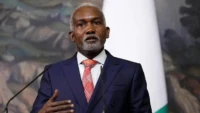




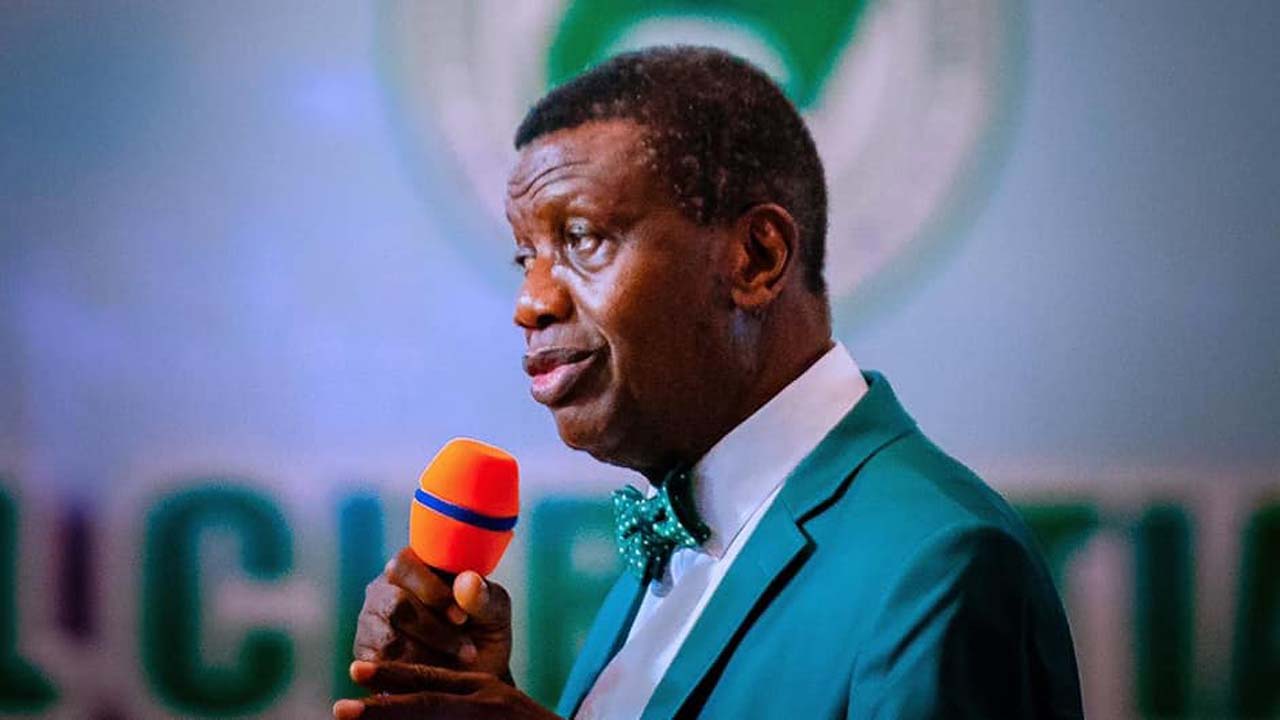
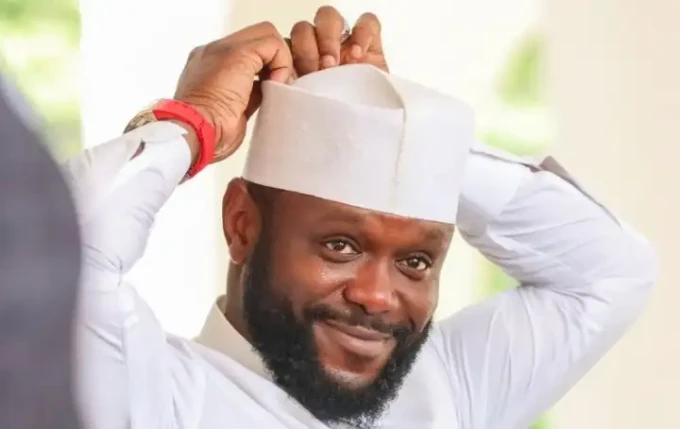
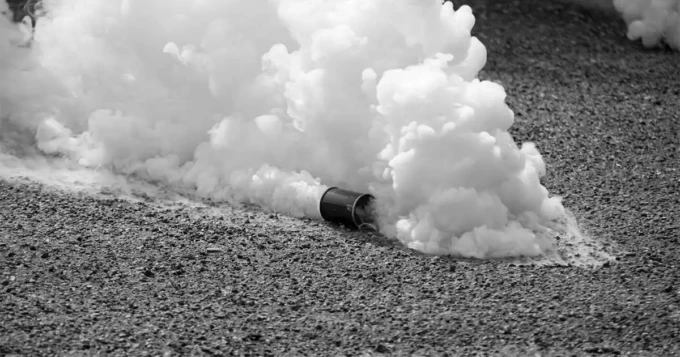

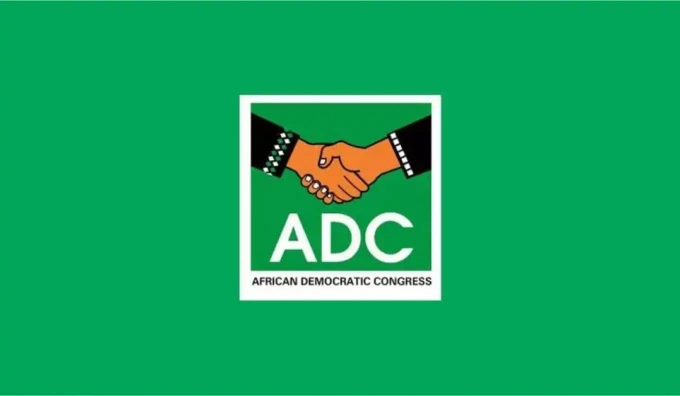
I disagree with Colonel Nasiru Salami. Joining the Nigerian Army can be a noble decision for some individuals.
Colonel Salami makes valid points, but joining the Nigerian Army can still be an honorable choice for some individuals.
I respectfully disagree with Colonel Salami. Joining the Nigerian Army can provide opportunities for growth and service to the nation.
I disagree with Colonel Salamis views on joining the Nigerian Army. It can provide opportunities for personal growth and service to the country.
I disagree with Colonel Salami. Joining the Nigerian Army can be a noble service to your country. Opportunities and challenges await!
I disagree with Colonel Nasiru Salamis warning. Joining the Nigerian Army can be a noble career choice for some individuals.
I disagree with Colonel Salami. Joining the Nigerian Army can be a noble decision, offering opportunities for personal growth and serving the country.
I disagree with Colonel Nasiru Salami. Joining the Nigerian Army can be a noble and honorable choice for some individuals.